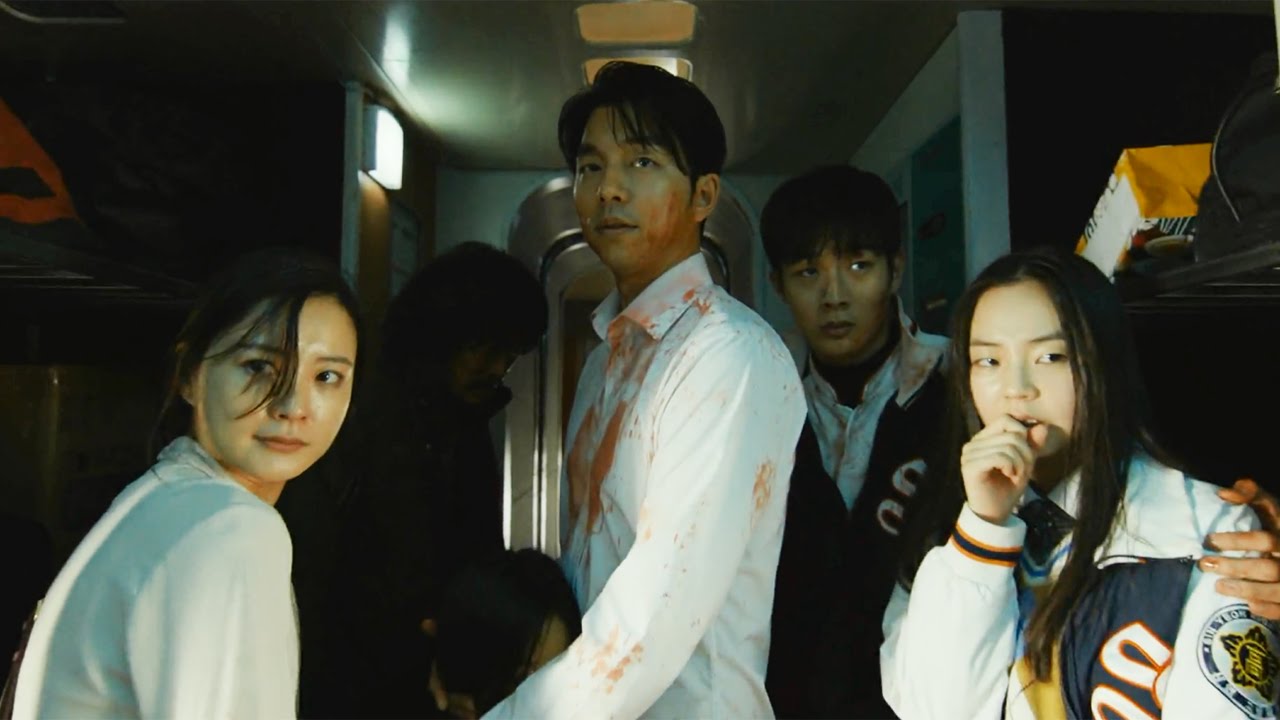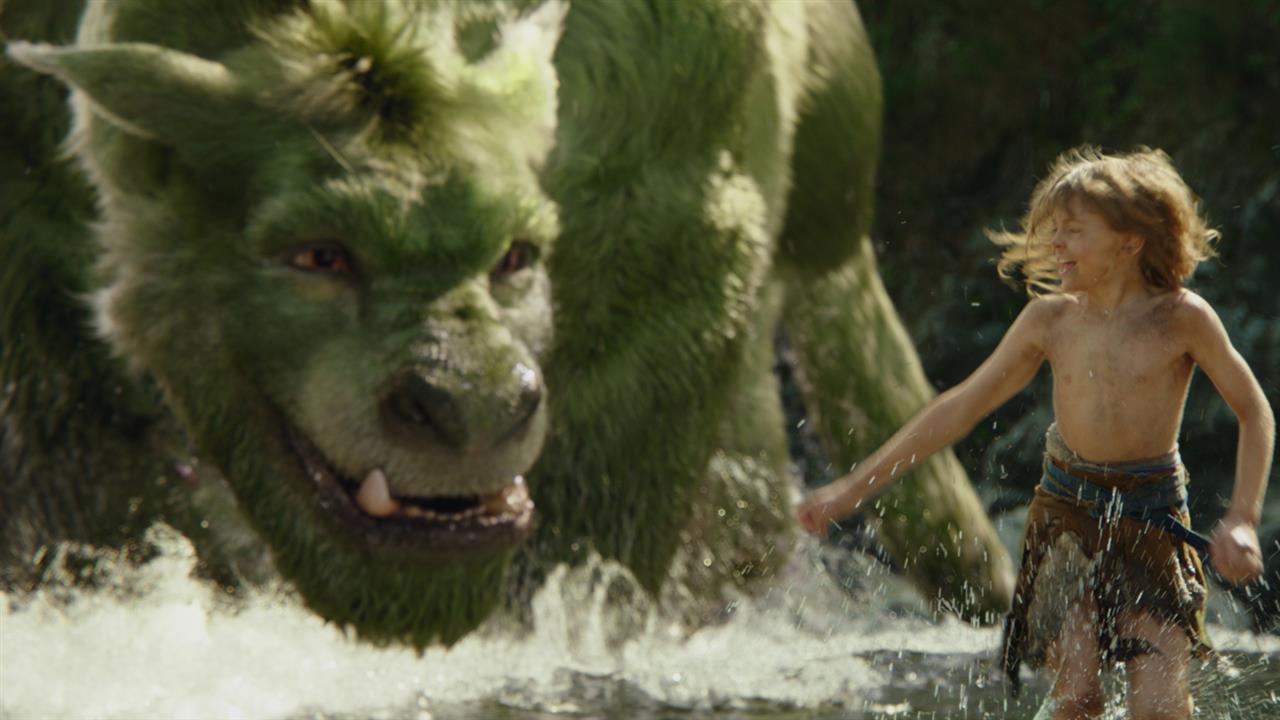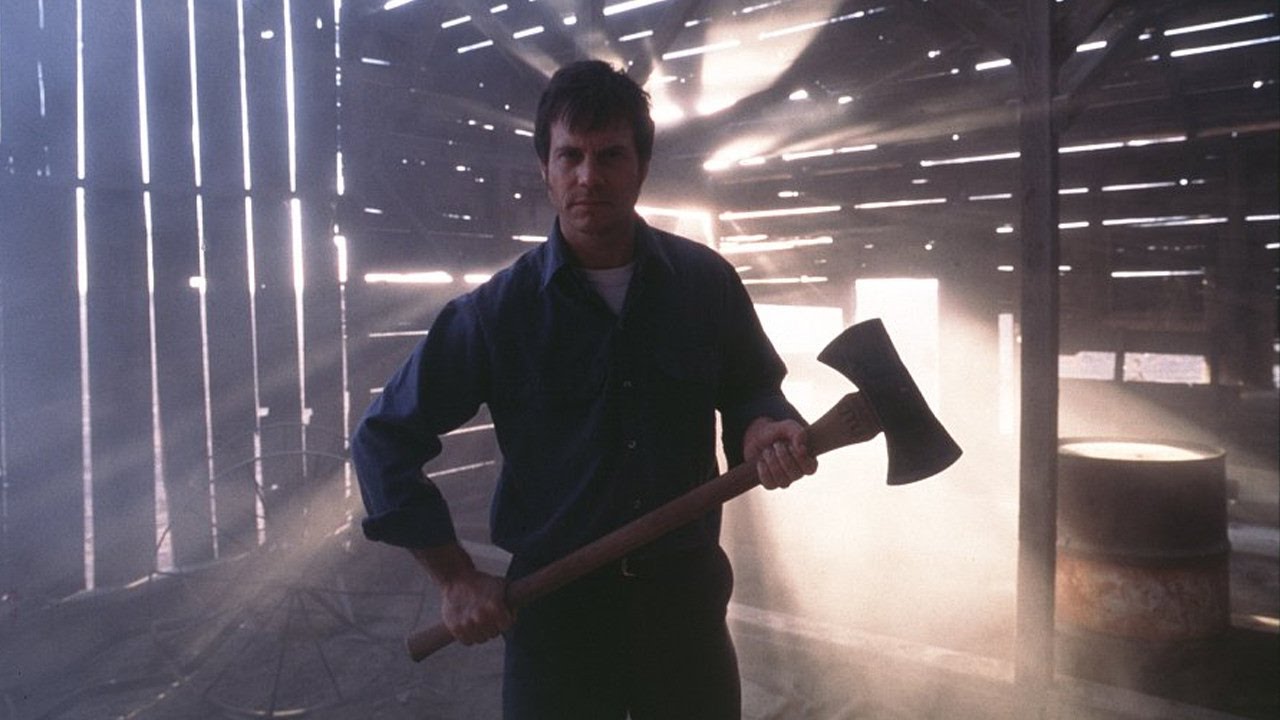On a blisteringly hot August day in 1966, Charles Whitman — a former Marine who’d killed his wife and mother the night before — climbed the the Main Building tower at the University of Texas with an arsenal of weapons and started shooting.
New on Netflix
More than 10 years separate Lucile Hadzihalilovic‘s Innocence and her 2015 Evolution, but the decade in between didn’t diminish the director’s poetic vision, resolute emphasis on slowness and children, and tone of generally creeping dread. If anything, Evolution ups the ante, swapping in an uncanny group of young boys at an unsettling seasside resort for Innocence‘s female ballerinas and mixing in a huge dose of body horror to boot.
Train To Busan begins with the routine frustrations of a hapless truck driver: a dodgy checkpoint, impassive security forces, a collision with a deer that he registers as just one more irritation on a frustrating route.
When he drives off, still huffing and puffing about how nothing’s going right, we watch the deer twitchily reassemble itself, stand upright, and stare off into the distance with clouded eyes.
My nominee for the most inexplicably overlooked film of 2016, or at least one of the more under-discussed, Pete’s Dragon is that rarest of things: a movie that captures the very feeling of childhood without pandering or talking down to its audience.
For some of us, the very words “Keven Spacey stars as a real estate mogul reincarnated as a talking cat named Mr. Fuzzypants” inspire a kind of maniac glee. Bad-movie aficionados live for such moments, so the release of Nine Lives, now streaming on Amazon Prime, was like a gift from the gods.
Until his sad, untimely death last month, Bill Paxton was one of the true under-celebrated actors of his generation. As a genre star, he had legions of dedicated fans (and apparently an army of co-stars eager to sing his praises as a decent, hard-working, charming guy to boot), but he always seemed more likely to register with casual movie-goers as That Guy.
Dog Eat Dog has all the trademarks and tics you’d expect from Paul Schrader — twitchy griminess, awkward dialog, stray mentions of faith, ultra-violence, losers who just can’t win, cocaine, samurai references. But it’s overwhelming, mean-spirited mood connotes revenge more than anything else.
In its opening title card, Kirsten Johnson describes her acclaimed documentary Cameraperson as a memoir of her 25 years of filmmaking. Of course, any individual film is itself a memoir of sorts, preserving moments in time when subjects collided and collaborated and performed; it’s the nature of the medium.
Just last week, I bemoaned the state of Netflix’s streaming options and reoriented this column specifically to account for it. In what I can only assume is a startling indication of this column’s influence and reach, Netflix responded a week later by making the near-entirety of the Pioneers of African-American Cinema collection available.
A note on this recurring column formerly known as New on Netflix. Due to diminishing new titles of interest, an increased focus on television programming and original productions, and Netflix’s apparent preference for streaming things like Sharknado: The 4th Awakens, we are changing this up a bit.










